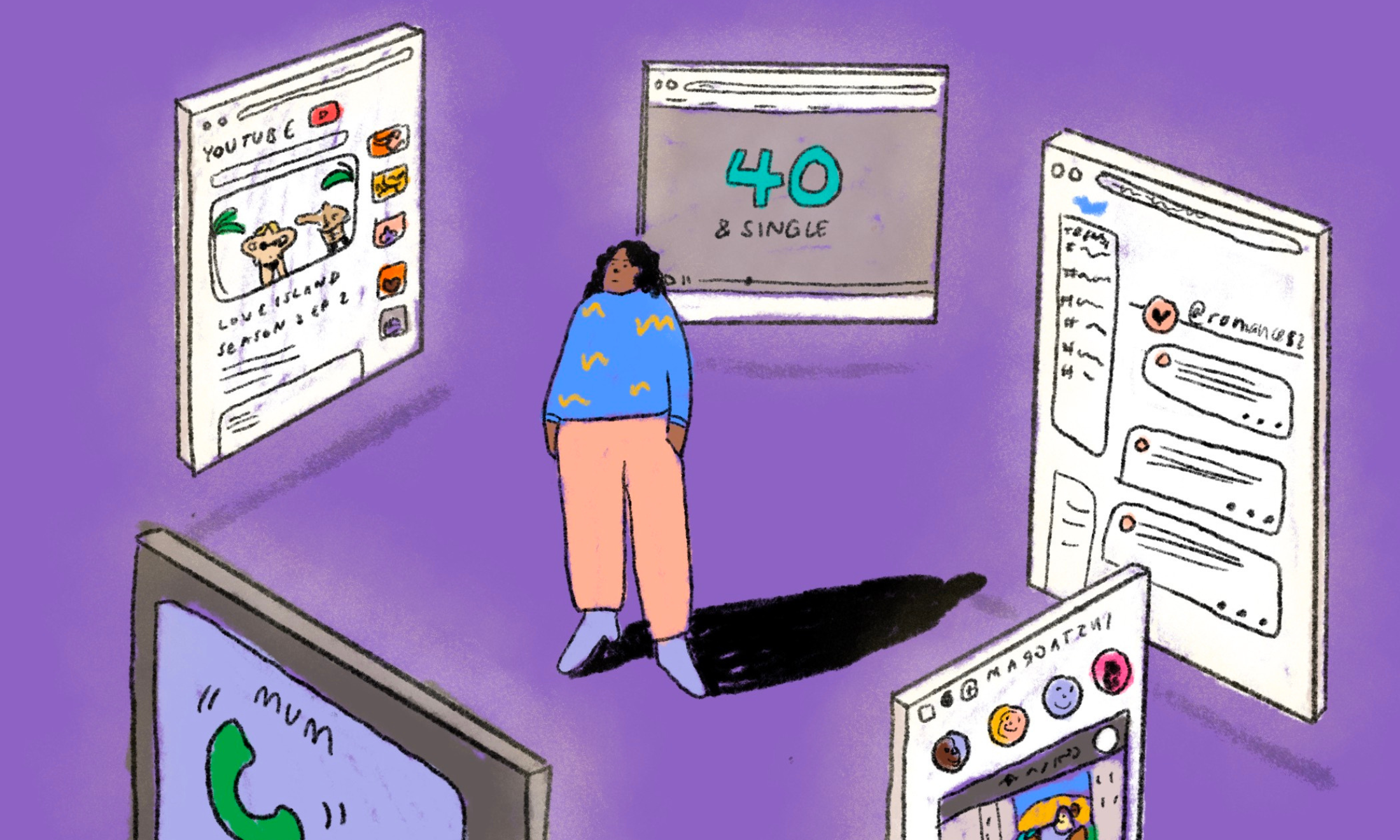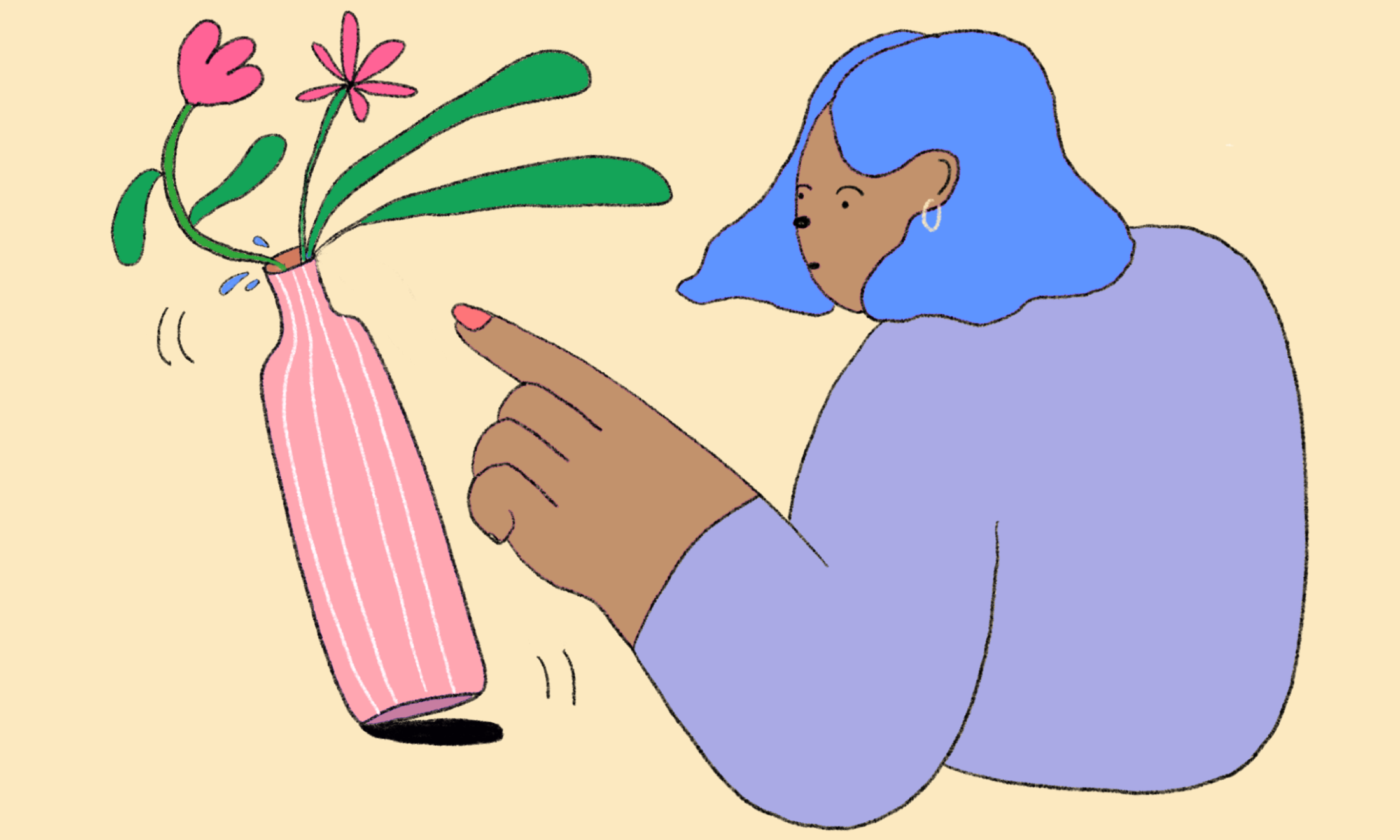
Alex Smyth
Swipe Left: How an ADHD diagnosis changed my idea of sex and romance
Beatriz Verneaux thought they were addicted to toxic relationships and self-destruction, until they realised their brain was, literally, wired differently.
Beatriz Verneaux
07 Jul 2022
Welcome back to gal-dem’s monthly dating column ‘Swipe Left’. Look out for new stories on love, sex and relationships from a different writer every month.
When I met Kamil* I was instantly intrigued. He was smart, witty, fashionable and – my personal favourite – impossible to read. We never went on an official date; instead, we engaged in a turbulent and toxic sexual relationship that would often have me sobbing in the middle of the night, but which would end with some drunk make-up sex and the promise that he would “try” to treat me better.
One late morning, as I nursed a (moral and physical) hangover, my then-roommate-and-bestie confronted me: “Why do you do this to yourself? You don’t even like him as a person, but you seem addicted to this dynamic.”
My friend was right. I was addicted. But not to Kamil.
For as long as I can remember, I needed to be in a relationship or, at the very least, I needed someone to pine over like a Brontë character
A year and a half later, I was seeing a man called Victor* while attending music school in Los Angeles. Sex was mediocre. Friendship was mediocre. Everything was mediocre. Like with Kamil, my dynamic with Victor was unpredictable and toxic, but I couldn’t bring myself to stop seeing him or abandon the thrill of fighting and making up. The what-will-happen-next aspect of our affair had me hooked. I didn’t even really like the guy. So, why was I still keeping him around, and why were all of my affairs and relationships so dramatic and overwhelming?
I always knew I was addicted to love. For as long as I can remember, I needed to be in a relationship or, at the very least, I needed someone to pine over like a Brontë character, but with more booze and more sex.
But I wasn’t simply addicted to love for love’s sake. One time I did meet someone who I loved deeply and we started a long-term relationship. But soon I found myself creating chaos in our dynamic and I eventually broke up with him.
Toxic romantic relationships weren’t my only problem at this time. I couldn’t be a functional adult and struggled so much with focusing on anything that I wasn’t obsessed with: movies, school or people. I went into spirals of becoming hyper-focused on something specific, only to then completely drop it and never mention it again.
I noticed that my behaviour in relationships translated to everything else in my life. I would get bored with my career and seek a dramatic job change. I would drastically alter my appearance whenever I was slightly bored of how I looked. Even friendships would tire me and I ended up seeking out newer, shinier, cooler people to spend time with. I would get into arguments with just about anyone for the thrill of the wave of emotions and adrenaline that comes with intense human interactions.
I was hopeless. I sought therapy and medication, but it seemed like nothing could turn me into a functional human being. Psychiatrists suggested PTSD, personality disorders, anxiety… and then, ADHD. With this diagnosis, I finally realised that my brain is wired differently. Literally.
Getting an ADHD diagnosis was like putting on glasses after spending my entire life seeing everything blurry
Folks with Attention Deficit Hyperactivity Disorder have low levels of the neurotransmitter dopamine, a chemical released by nerve cells into the brain. Dopamine plays a role in pleasure, motivation and learning, and therefore people with ADHD have a different brain structure to our neurotypical peers. Other aspects of ADHD include trouble focusing, issues with long-term goals, impulsivity and drastic mood swings, all of which were familiar to me.
Getting an ADHD diagnosis was like putting on glasses after spending my entire life seeing everything blurry. Everything made perfect sense. Finally, I could process why arguing and fighting with a partner felt like a thrilling experience, especially once we had made up. Finally, I could understand why I so desperately craved dangerous, risky and emotionally dubious sex and often felt reticent whenever sex became too “safe”. I’m simply a certified dopamine chaser.
Since my ADHD diagnosis and learning the patterns of my brain, I now can look at healthier options that don’t involve destroying my friendships and relationships. I notice when and why my moods may shift, and I’m able to be more honest with people around me regarding my capacity to be present for them.
But most of all, I’m learning that the best part of love is loving someone wholeheartedly, and getting genuinely excited for all the adventures life has to offer; adventures that don’t rely on toxicity, duplicity and messy breakups, but rather on companionship, excitement and trust.
*Names have been changed to protect identities.
Like what you’re reading? Our groundbreaking journalism relies on the crucial support of a community of gal-dem members. We would not be able to continue to hold truth to power in this industry without them, and you can support us from £5 per month – less than a weekly coffee.
Our members get exclusive access to events, discounts from independent brands, newsletters from our editors, quarterly gifts, print magazines, and so much more!
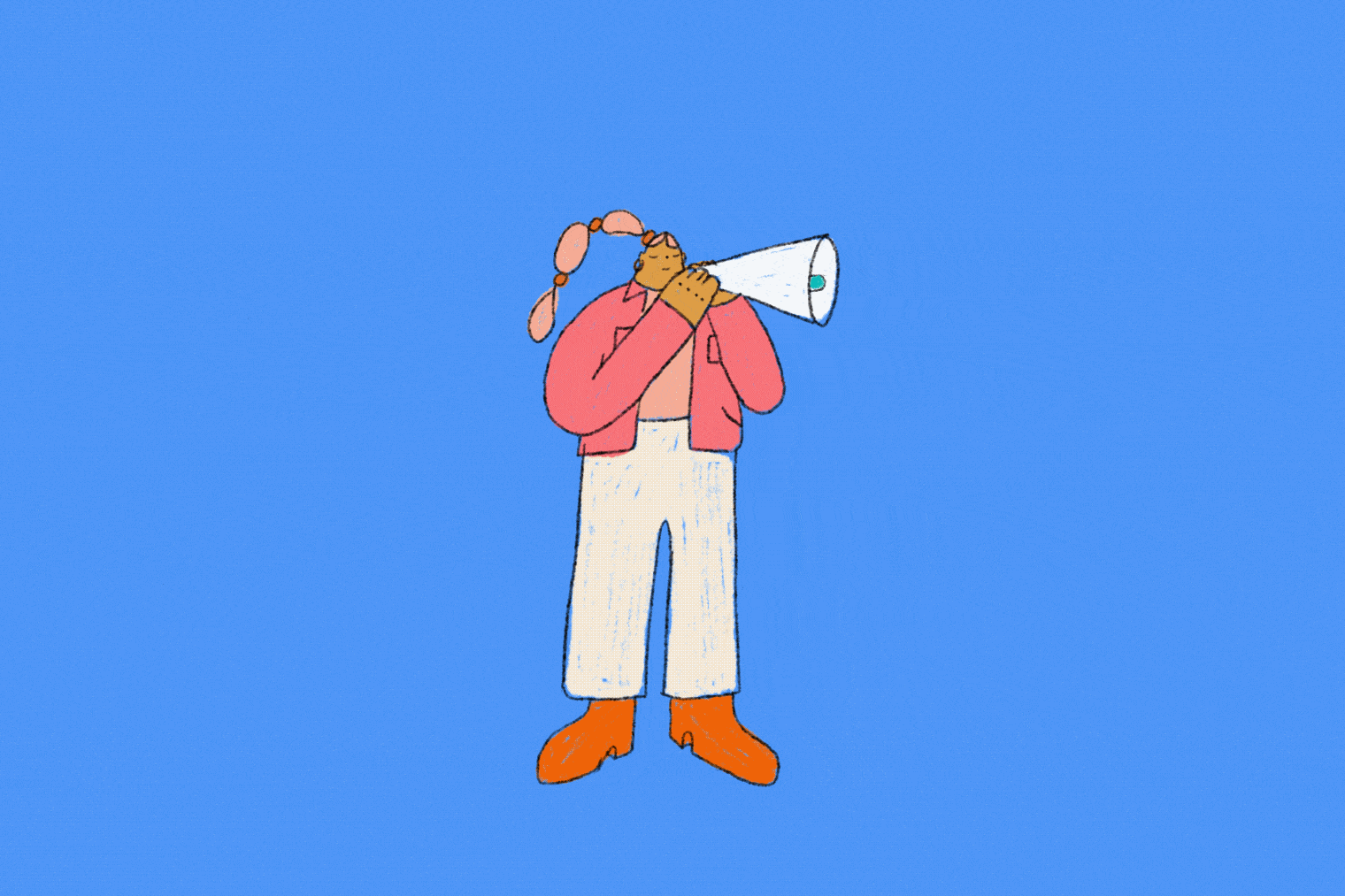
Swipe Left: I turned my bad dates into fun anecdotes but at an emotional cost
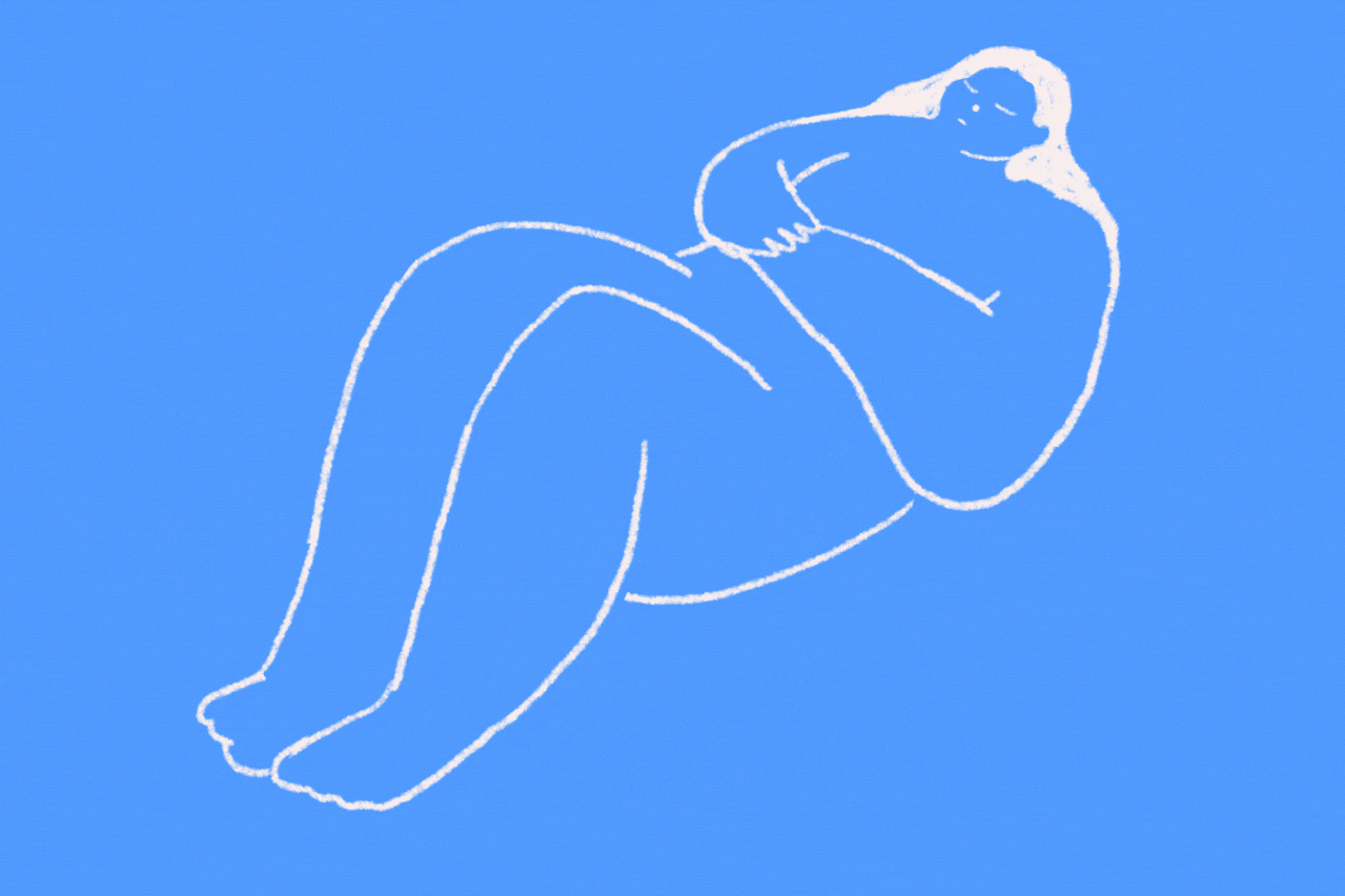
Swipe Left: The lessons I learned from a painful first breakup
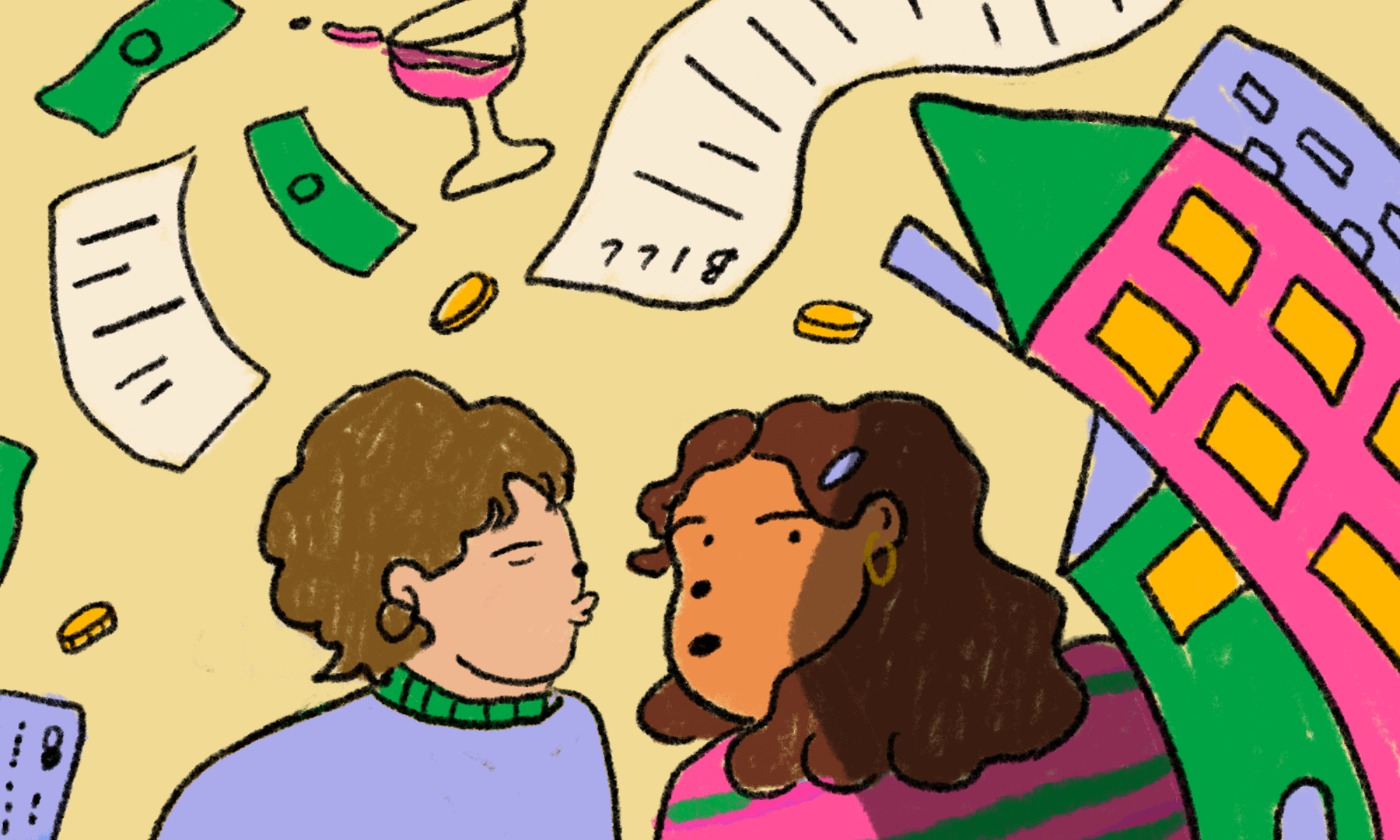
Swipe Left: We’re in a cost of loving crisis and it’s draining my wallet and patience
